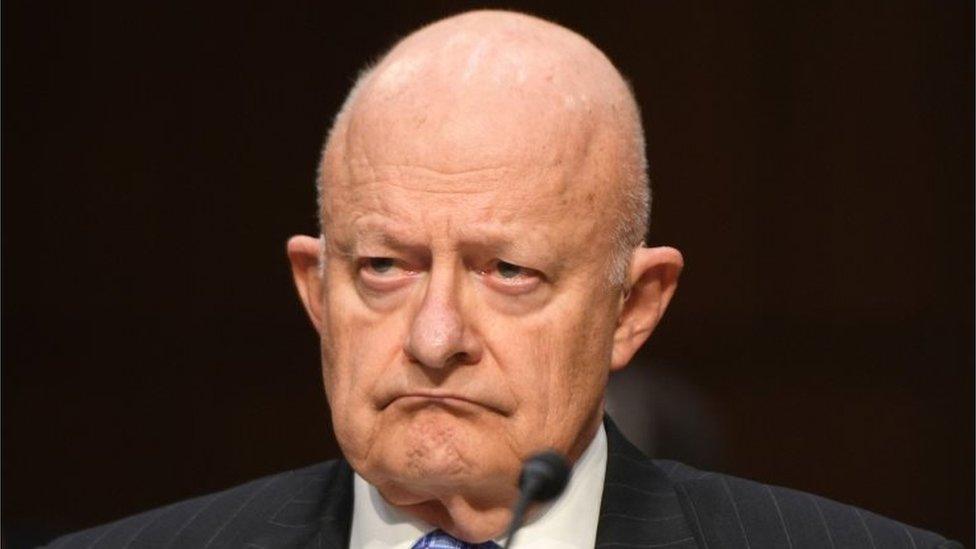US Senate overwhelmingly backs Russia sanctions
- Published
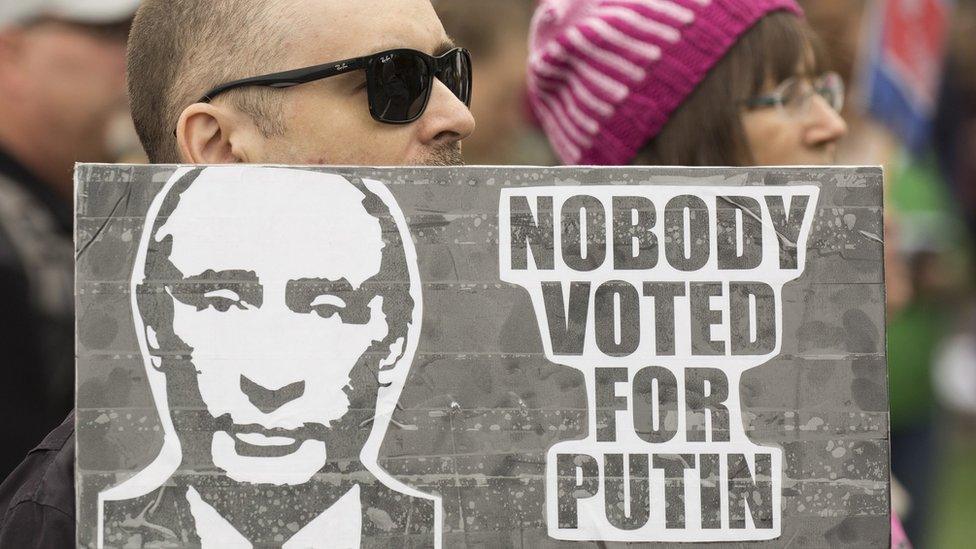
Allegations of Russian interference in last year's election have overshadowed Mr Trump's presidency
US senators have voted overwhelmingly to impose fresh sanctions on Russia over its alleged interference in last year's election.
They also agreed, by 97-2, to set up a process by which Congress can block any attempt by President Trump to scale back those sanctions.
The White House said that existing sanctions against Russia were sufficient.
The legislation was filed as an amendment to an Iran sanctions bill.
It comes amid investigations into whether members of Mr Trump's campaign team colluded with Russia over the election.
President Trump and Moscow have always denied any collusion.
A number of inquiries into the allegations have been opened in Washington, including a Justice Department probe led by former FBI director Robert Mueller.
The new sanctions will target:
Individuals involved in corruption and human rights abuses
Anyone supplying weapons to the Syrian government of Bashar al-Assad
Individuals "conducting malicious cyber activity on behalf of the Russian government"
Anyone doing business with Russian intelligence and defence sectors
Russia's mining, metal, shipping and railway sectors
The measures need the approval of the House of Representatives and to be signed into law by President Trump, although they are thought to have enough congressional support to override any veto.
The Senate vote was welcomed by both Republicans and Democrats.
"It's time to respond to Russia's attack on American democracy with strength, with resolve, with common purpose, and with action," said Republican Senator John McCain.
Senate Minority Leader Charles Schumer called it as "bipartisan as it gets". The only two senators not to vote for the bill were Republicans Rand Paul and Mike Lee.
Secretary of State Rex Tillerson had agreed "with the sentiment" of holding Russia accountable but had urged Congress not to pass any legislation that could harm a "constructive dialogue" with Moscow.
US Attorney General Jeff Sessions has been one of Trump's team facing allegations of holding undisclosed meetings with Russian officials during the election.
He told a Senate committee on Tuesday that any suggestion he colluded with the Kremlin was an "appalling and detestable lie".
- Published13 June 2017
- Published12 July 2017
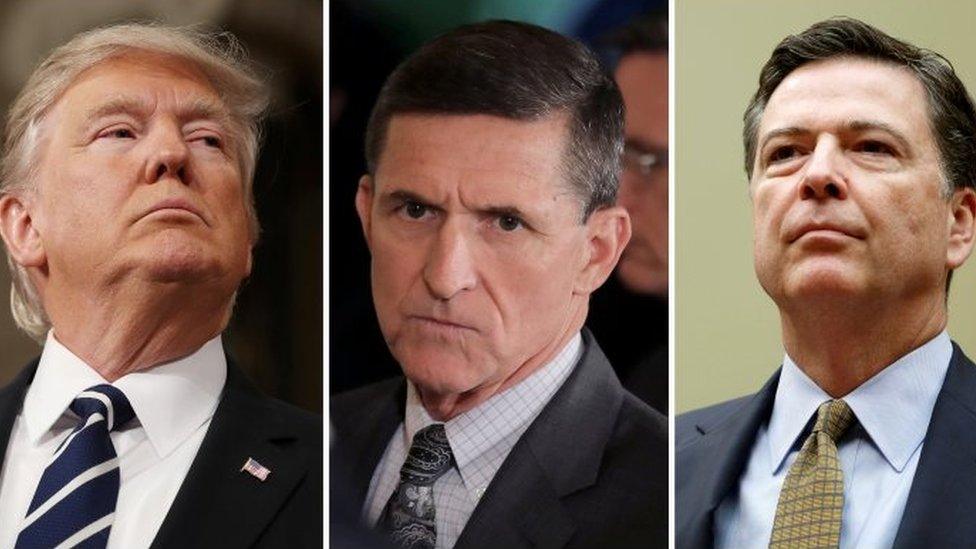
- Published21 December 2017
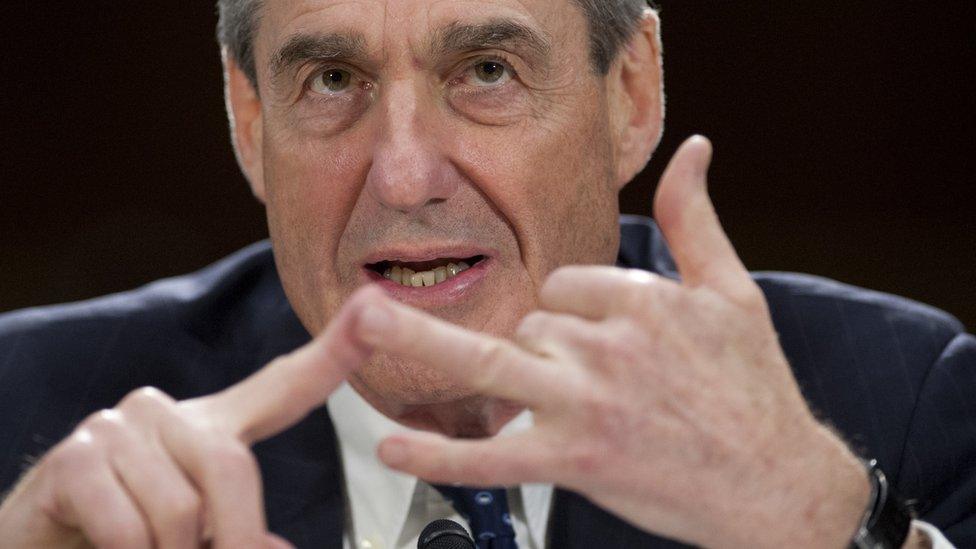
- Published24 July 2019
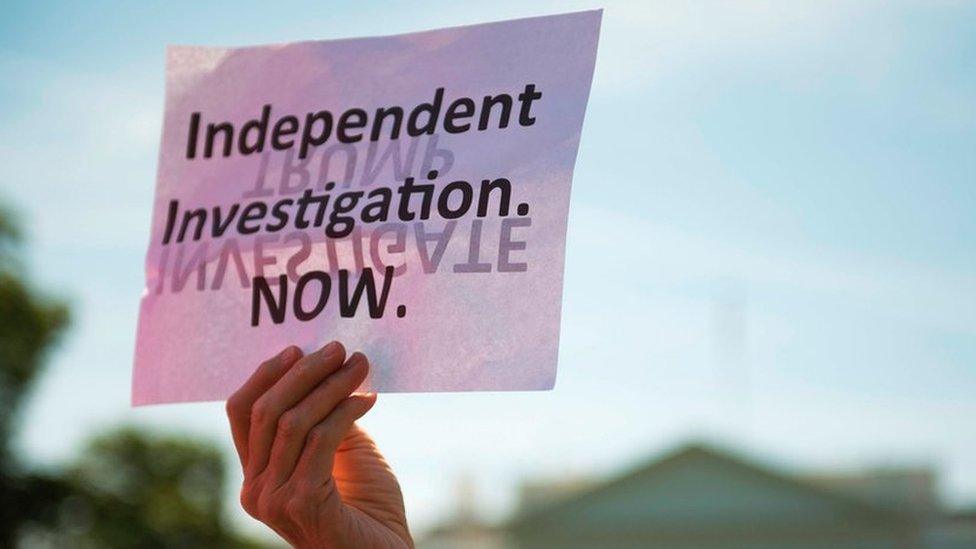
- Published18 May 2017
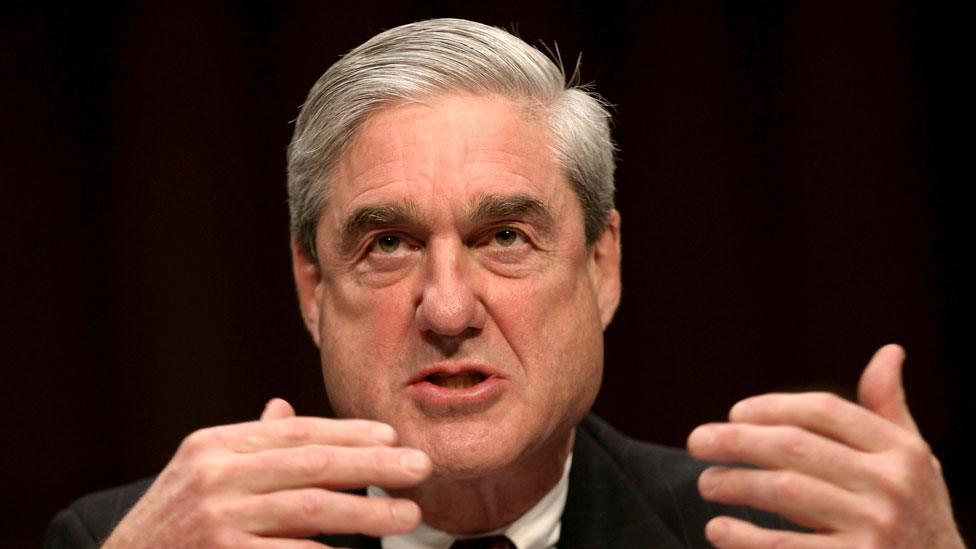
- Published8 June 2017
